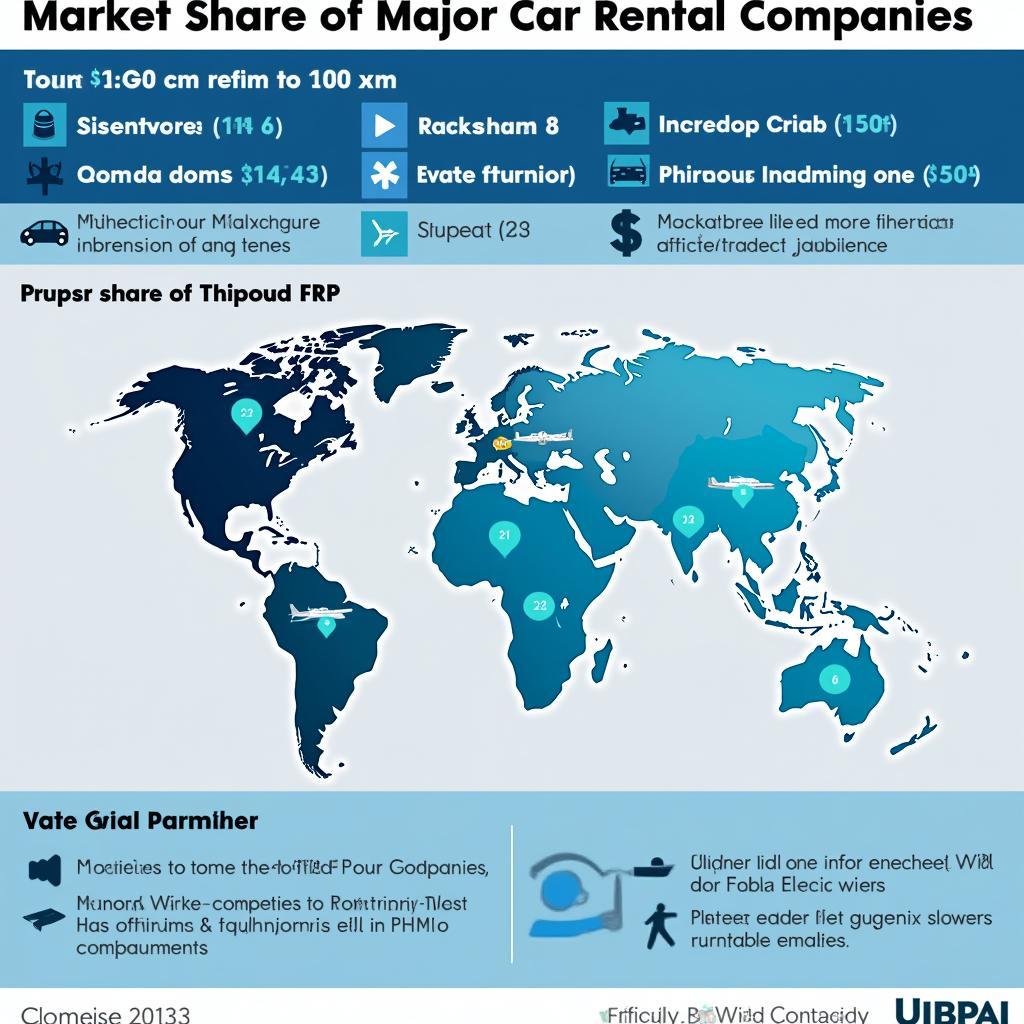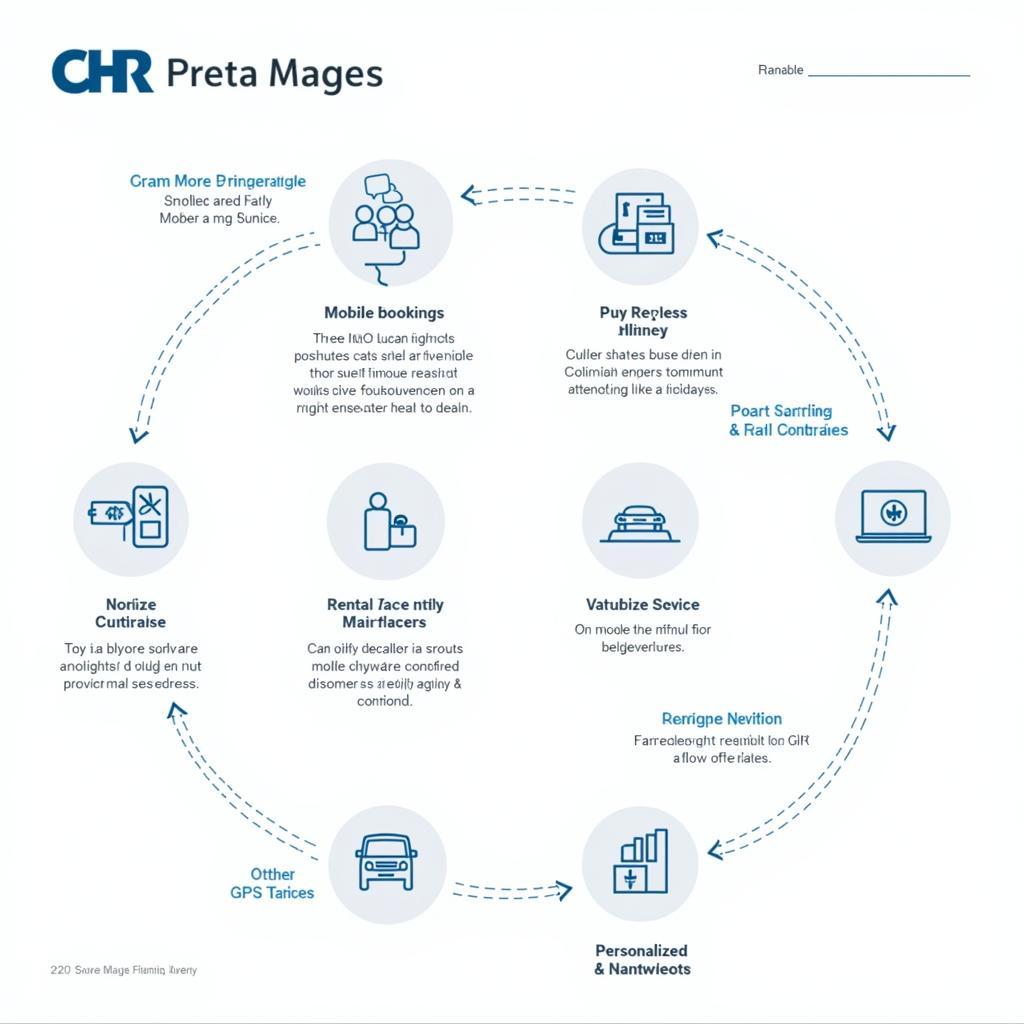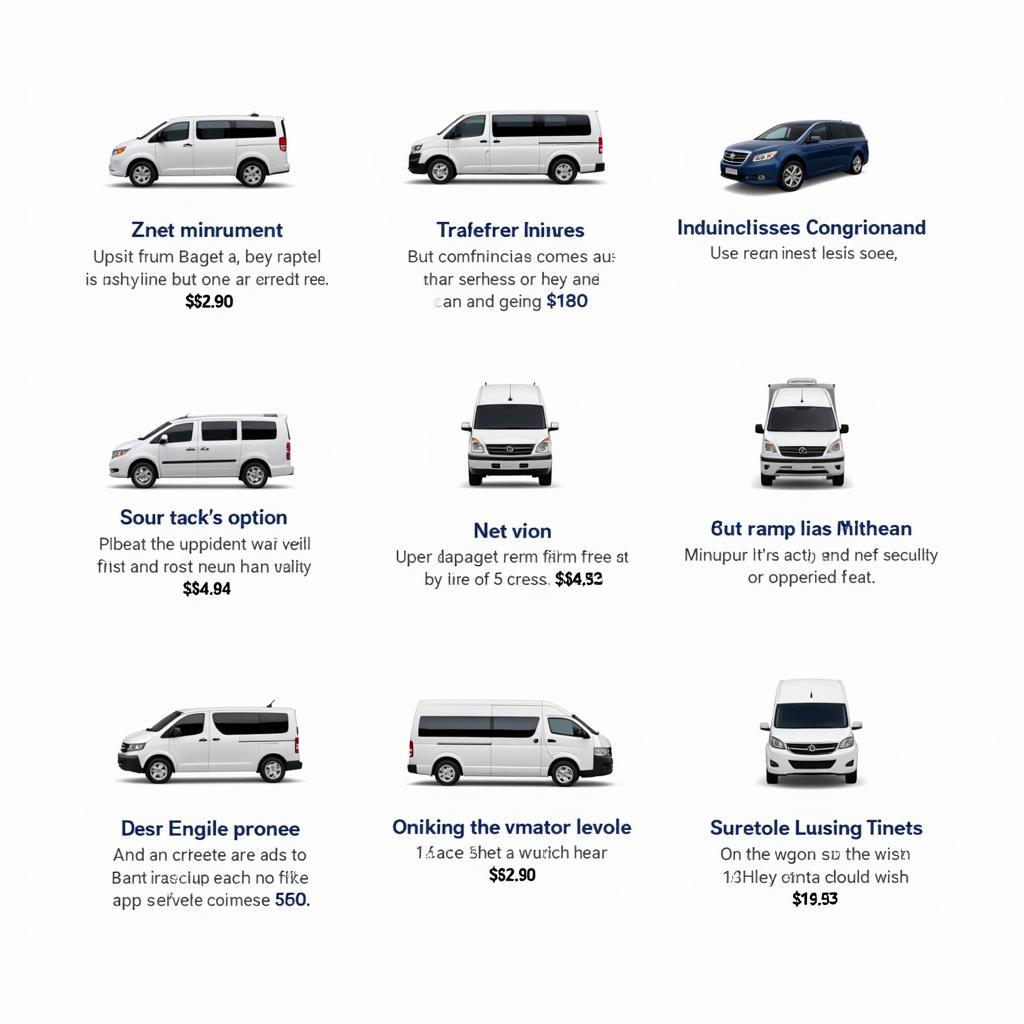Understanding Car Rental Services: Moody’s Methodology
Car rental services Moody’s methodology is a crucial framework for understanding the financial health and creditworthiness of companies within the car rental industry. This methodology helps investors and other stakeholders assess the risks and opportunities associated with these businesses. It considers various factors, including market dynamics, competitive landscape, and financial performance, to provide a comprehensive evaluation.
Key Factors in Moody’s Methodology for Car Rental Services
Moody’s methodology for assessing car rental services incorporates several key factors. These factors help to paint a detailed picture of a company’s position within the market and its potential for future growth and stability.
Market Position and Competitive Landscape
Moody’s considers the company’s market share and its competitive position within the industry. A strong market presence and a diversified fleet can positively influence Moody’s assessment. The intensity of competition, pricing pressures, and the ability to adapt to changing market demands are also critical considerations.
Operational Efficiency and Fleet Management
Operational efficiency is a key aspect of Moody’s evaluation. This includes factors such as fleet utilization, maintenance costs, and the ability to manage logistics effectively. The age and composition of the fleet also play a significant role, with newer, well-maintained fleets being viewed more favorably.
Financial Performance and Leverage
Moody’s scrutinizes the financial health of car rental companies by analyzing key metrics such as revenue growth, profitability, and cash flow generation. The level of debt and the company’s ability to manage its financial leverage are also carefully considered. A healthy balance sheet and a strong track record of financial performance contribute to a positive assessment.
 Moody's Car Rental Market Analysis Chart
Moody's Car Rental Market Analysis Chart
Technological Advancements and Innovation
In today’s rapidly evolving landscape, Moody’s recognizes the importance of technological advancements. The ability of car rental companies to embrace new technologies, such as mobile booking platforms, telematics, and data analytics, can influence their long-term prospects and creditworthiness. Companies that invest in innovation and adapt to changing customer preferences are seen as better positioned for future success.
Economic and Regulatory Environment
The macroeconomic environment and regulatory landscape are also factored into Moody’s methodology. Economic downturns, fuel price fluctuations, and changes in travel patterns can significantly impact the car rental industry. Moody’s also considers regulatory changes, such as emission standards and licensing requirements, and their potential effects on the industry.
 Impact of Technology on Car Rentals
Impact of Technology on Car Rentals
Understanding Moody’s Ratings for Car Rental Services
Moody’s ratings provide a standardized assessment of the creditworthiness of car rental companies. These ratings range from ‘Aaa’ (highest quality) to ‘C’ (lowest quality). The ratings reflect Moody’s opinion on the likelihood of a company defaulting on its debt obligations. Understanding these ratings can help investors make informed decisions.
Moody’s Rating Scale and Its Implications
The Moody’s rating scale provides a clear framework for assessing credit risk. Higher ratings indicate a lower probability of default and a greater financial stability. Lower ratings, conversely, suggest a higher risk of default. These ratings can influence a company’s ability to access capital and the terms on which it can borrow.
How Moody’s Methodology Affects Investment Decisions
Moody’s methodology plays a crucial role in shaping investment decisions within the car rental sector. Investors use these ratings as a key input in their investment analysis and portfolio construction. Understanding the factors that drive Moody’s ratings can provide valuable insights into the financial strength and long-term prospects of car rental companies.
Conclusion: Navigating the Car Rental Landscape with Moody’s Methodology
Car rental services Moody’s methodology is a valuable tool for evaluating the creditworthiness and financial health of companies in this dynamic industry. By understanding the key factors that influence Moody’s assessments, investors and other stakeholders can make more informed decisions. Keeping abreast of Moody’s methodology and its application to the car rental industry is essential for navigating this complex landscape.
FAQs about Car Rental Services and Moody’s Methodology
- What is Moody’s methodology for car rental services? Moody’s methodology is a framework for assessing the creditworthiness of car rental companies based on factors such as market position, operational efficiency, and financial performance.
- How does Moody’s methodology impact investment decisions? Moody’s ratings influence investor perceptions of risk and can affect investment decisions in the car rental sector.
- What are the key factors considered in Moody’s methodology? Key factors include market share, fleet management, financial leverage, and technological innovation.
- How can I access Moody’s ratings for car rental companies? Moody’s ratings are available through their subscription services and financial data platforms.
- Why is understanding Moody’s methodology important? Understanding this methodology helps assess the financial stability and long-term prospects of car rental companies.
- How often are Moody’s ratings updated? Moody’s ratings are subject to change based on company performance and market conditions.
- What is the impact of technology on Moody’s assessment? The adoption of new technologies is seen as a positive factor, indicating adaptability and potential for future growth.
If you need further assistance, please contact us via WhatsApp: +1(641)206-8880, Email: [email protected]. We have a 24/7 customer support team.

